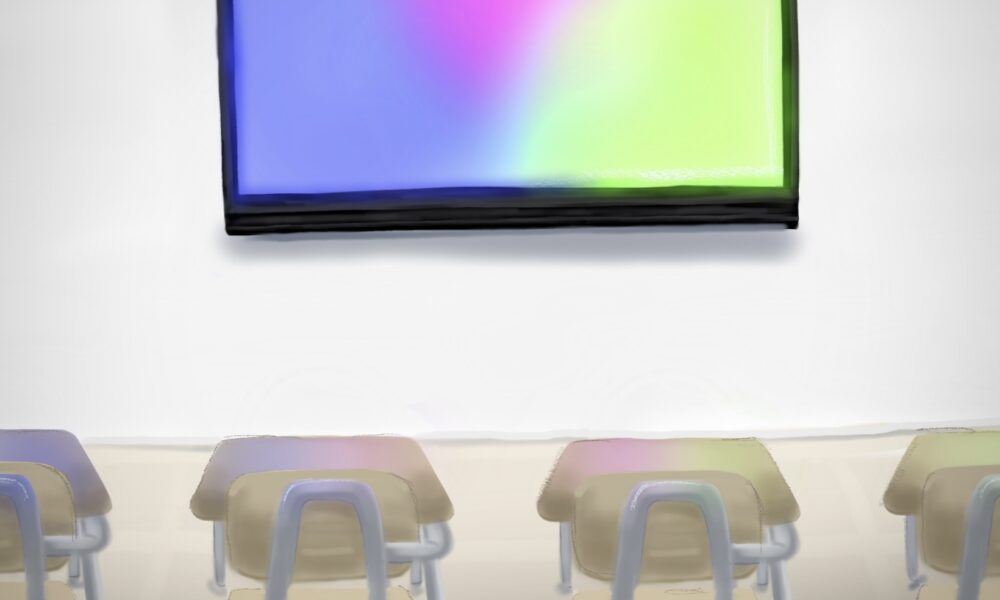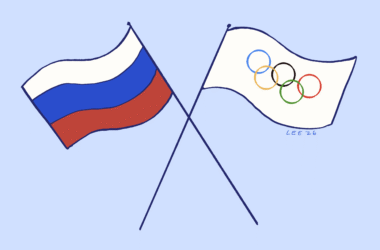The role of children’s media in shaping identity and worldview has always been influential; however, in recent years, the line between education and blatant ideological propaganda has become increasingly blurred. As children’s programming faces cuts and closures across North America, conservative platforms like PragerU Kids fill the gap with content endorsing a revisionist account of history, reinforcing implicit bias, and framing propaganda as neutral. While the trend is most visible in media for children, it reflects a broader issue: Institutions—from public broadcasts to universities—can present selective versions of history. These same dynamics operate at McGill; the institution’s selective acknowledgement of its own historical ties shows that the shaping of narratives extends beyond media. These practices set a dangerous precedent, shaping how future generations understand the past and the social stratification that arises from it.
Due to modern declines in traditional cable viewership and the rise of streaming monopolies, traditional TV networks are struggling to compete. Starting Sept. 1, Corus Entertainment, a major Canadian media company, will shut down five of its children’s channels, including Nickelodeon, Disney Jr., and ABC Spark. CBC/Radio-Canada has also endured repeated budget reductions. In the U.S., the Public Broadcasting Service’s (PBS) struggles parallel Canada, with the risk of closing amidst the Trump administration’s funding cuts. This lack of accessible children’s media creates space for private entities to push their ideological agenda.
One program that provides politically-skewed content in the U.S. is PragerU Kids, the children’s division of conservative media outlet the Prager University Foundation. Launched in 2022, PragerU Kids uses animated videos to promote conservative civics, history, and science. Each episode follows a predictable formula: A child faces a question, travels back in time, and returns, learning a ‘lesson’ supporting a conservative worldview.
PragerU’s “Leo and Layla” series distorts historical realities while presenting itself as educational. In an episode on Frederick Douglass, slavery is framed as a “necessary compromise” to unite the colonies, with the claim that America initiated conversations around abolition. This is overtly false; abolitionist movements existed globally for decades prior to the United States’ abolition of slavery in 1865, with Haiti abolishing slavery in 1804, and Denmark-Norway outlawing the transatlantic slave trade in 1792.
Later in the episode, radical abolitionist William Lloyd Garrison is reduced to “someone who likes to set things on fire,” implicitly condemning all contemporary activists who employ property destruction tactics as a means of achieving social or political change. Ironically, Douglass’ own moral critique of American slavery—which is exemplified in his historic speech “What to the Slave Is the Fourth of July?”—is omitted; thus, PragerU Kids falsely constructs palatable narratives that trivialize the reality of oppression to excuse these historical atrocities for a white audience.
The videos repeatedly shift accountability for violence and oppression from colonizers to the victims themselves, further reinforcing the narrative that historical injustice is relative rather than structural. By portraying slavery and colonization as unfortunate but contextually justified, the content trains children to accept morally reprehensible narratives passively.
Similar revisionary patterns are seen in higher academia as well. McGill has refused to fully acknowledge its ties to colonial systems and the alleged unmarked graves at the New Royal Victoria Hospital. This raises the question: Whose history is remembered, whose is omitted, and who ultimately gets to make this decision? The stakes of revisionist narratives extend beyond cartoons; they influence public memory, social accountability, and slow down societal progress toward a just and equitable world.
What makes these patterns particularly concerning is that they are the product of deliberate political and financial pressures, not mere oversight. Decades of underfunding in media and public education have weakened institutions that might otherwise resist ideological indoctrination. Meanwhile, a national trend in right-wing populism idealizes this whitewashed history. At McGill, financial and reputational pressures encourage lacklustre measures in taking accountability for colonial legacies. This enforces a cycle where weakened institutions allow revisionist narratives to spread, normalizing selective memory across media and academia.
As public media platforms face uncertain fates, children are left with outlets that misrepresent history and sanitize radical voices. These are not neutral nor educational resources; they are indoctrination disguised as entertainment.








